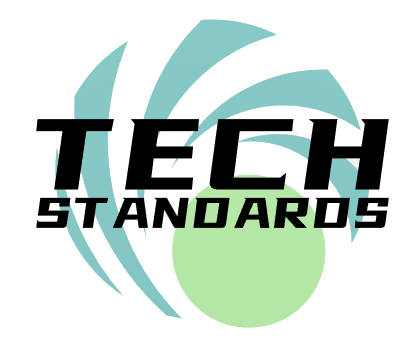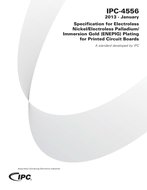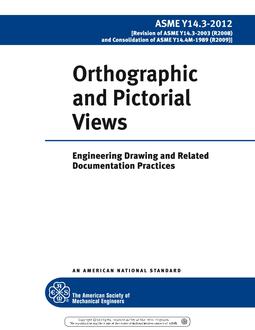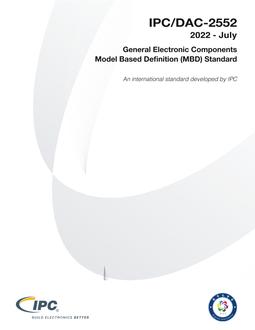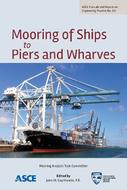
Prepared by the Mooring Analysis Task Committee of the Ports and Harbors Committee of the Coasts, Oceans, Ports, and Rivers Institute of ASCE.
This Manual of Practice provides guidelines for the determination of safe mooring design practices for vessels at fixed piers and wharves in ports and harbors. Today’s larger, complex ships, with greater wind exposure and deeper drafts, pose particular mooring challenges to designers, captains, and pilots. Costly mooring incidents have emphasized the need for better understanding of mooring design principles, and no single building code or standard specifically addresses the design of berthing and mooring facilities. This manual provides the necessary background to assure that designed structures are sound, adequate, and provide a safe berth for the types of vessels to be accommodated.
Topics include:
- Mooring practice and design requirements;
- Mooring system components, including mooring lines, fittings and hardware, equipment, fender systems, docking aid and monitoring systems, mechanical and automated mooring systems, and shipboard equipment;
- Forces on moored vessels, including wind, current, passing vessels, waves, seiche and long wave effects, tide and draft changes, and ice;
- Mooring analysis methods, including static and dynamic analysis, as well as software and physical models; and
- Operational considerations, including allowable vessel movement, incidents and breakaways, and maintenance.
MOP 129 primarily focuses on mooring large, ocean-going vessels at relatively protected locations, although the basic principles are applicable to small craft and more exposed locations. Designers of port and harbor facilities, as well as owners and managers, will welcome this compact reference to mooring analysis and safe, efficient, fixed-mooring practice.
Product Details
- Edition:
- 1
- Published:
- 12/17/2014
- ISBN(s):
- 9780784413555, 9780784478424
- Number of Pages:
- 160
- File Size:
- 1 file , 4.5 MB
- Note:
- This product is unavailable in Russia, Belarus
